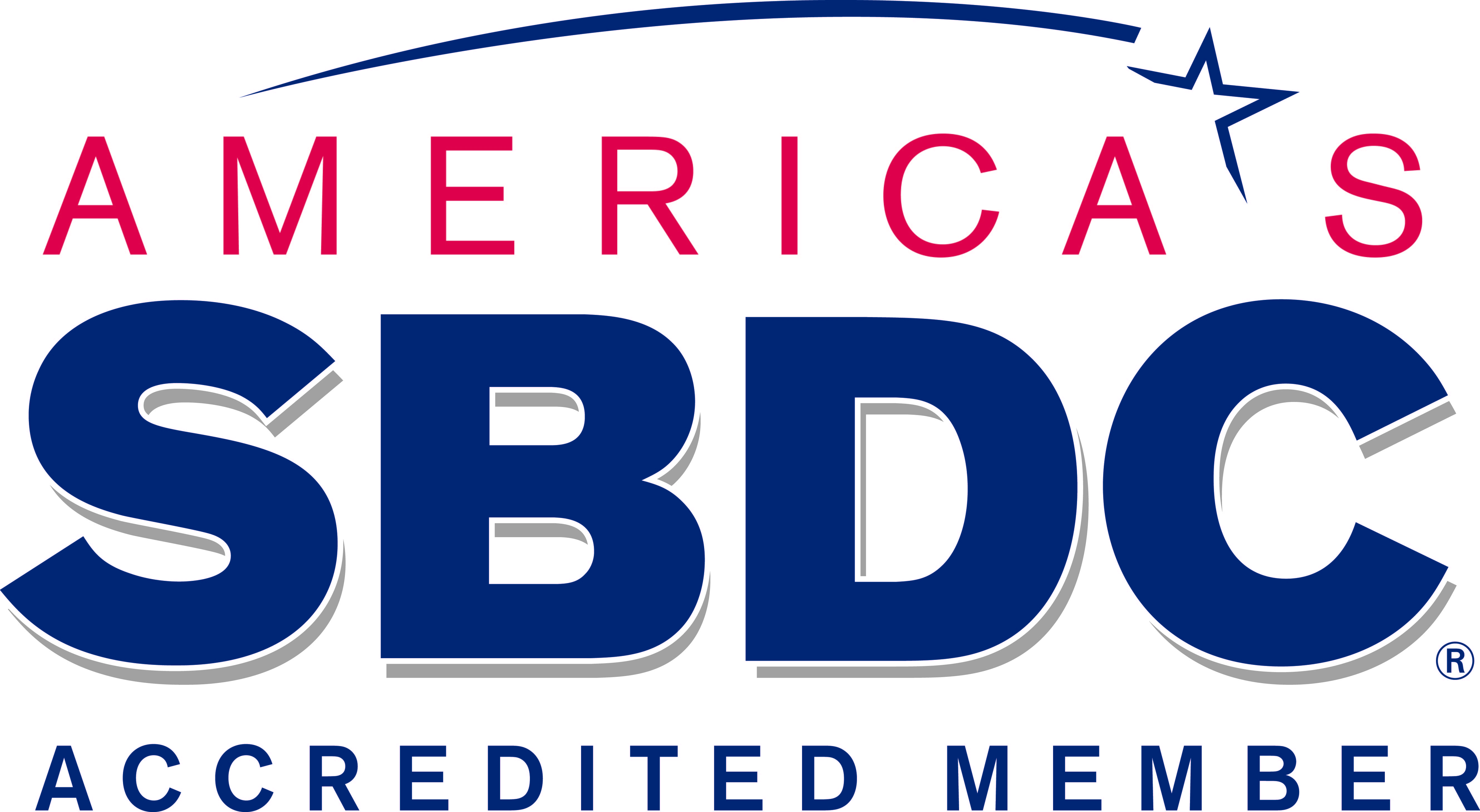Offering Health Insurance Benefits for Your Employees

In today’s competitive job market, attracting and retaining top talent is crucial for small businesses. One of the most effective ways to do this is by offering a strong benefits package, and health insurance is a key component.
However, with many providers to choose from, selecting the right fit for your organization can quickly become overwhelming. That said, here’s everything you need to know about picking health insurance for your employees, from when it’s appropriate to start reviewing options to resources available to aid your search.
When Should Small Businesses Start Offering Health Insurance?
According to the U.S. Department of Health and Human Services, if your business has fewer than 50 full-time employees, you are not required to offer health insurance. However, once you reach 50 or more full-time staff, federal laws mandate that you provide affordable coverage. This also extends to employees’ eligible dependents.
That said, no law prohibits smaller businesses from contracting with a health insurance provider as long as the benefits are available to all employees who work 30 or more hours a week and their dependents.
Health Insurance Options for Small Businesses
Depending on your budget and the size of your staff, there are a few insurance options to consider:
Group Health Plans
These are traditional employer health insurance plans, often obtained through major providers such as Blue Cross Blue Shield of Texas, UnitedHealthcare, and Allstate. However, note that some of these companies require that at least 75% of your full-time employees enroll in the program.
Health Savings Accounts
You could also set up a health savings account (HSA) for each staff member, which you and the employee can contribute to. The funds in the account can be used to cover qualified medical expenses. However, note that you can only contribute to an HSA if you’re enrolled in an HSA-eligible health insurance plan.
Contribute to Employees’ Own Health Insurance
Alternatively, if you have fewer than 50 employees, you could contribute a given amount each month to help them pay for their own plan. This can be done by reimbursing medical expenses through health reimbursement arrangements (HRAs).
Considerations When Selecting a Health Insurance Provider
While shopping for a provider and considering your health insurance benefit options for your staff, there are a couple of things to keep in mind:
Coverage Requirements
Federal law requires employer plans to cover these essential healthcare services:
- Ambulatory patient services
- Emergency services
- Hospitalization
- Laboratory services
- Mental health and substance use disorder services
- Pediatric services
- Pregnancy, maternity, and newborn care
- Prescriptions
- Preventative and wellness services and chronic disease management
- Rehabilitative and habilitative services and devices
State law requires the coverage of additional services listed in the Texas Department of Insurance’s Essential Health Benefits and Texas Mandated Health Benefits guides.
Also, because most employee health plans do not contribute to dental, vision, or work-related injury care, you may consider opting for these other types of plans for more comprehensive coverage.
Costs of Premiums
Generally, a provider will set the cost of premiums based on the following factors:
- Employees ages
- Tobacco use
- Geographic area
- Your selected plan
Although state law does not require paying for an employee’s health insurance premium, the insurance company you choose may ask that you cover a portion of it. However, if you contribute at least 50% toward the premium, your business may be eligible for a tax credit to help alleviate the cost.
Also, remember that your employees will need to pay the remainder of the premium you don’t cover; the lower your costs are, the more they will need to pay out-of-pocket.
Resources for Small Businesses Shopping for Health Insurance
There are resources available to help small businesses shop for health insurance for their employees, including:
You should also discuss your options with a business advisor. Our SBDCs offer no-cost consulting to help small businesses and entrepreneurs like you succeed, so find your nearest location and schedule an appointment today.







